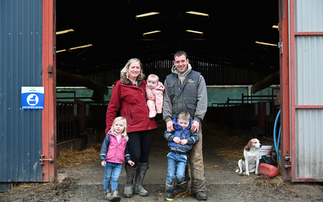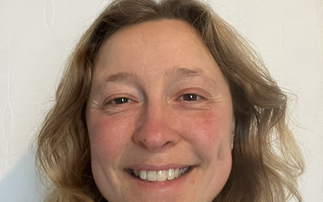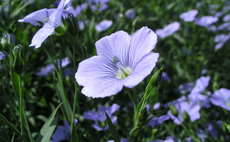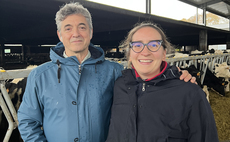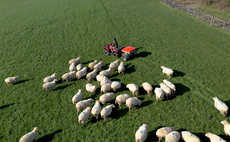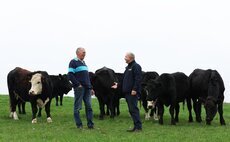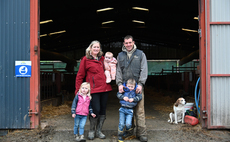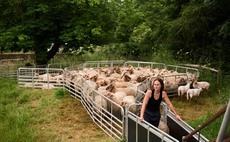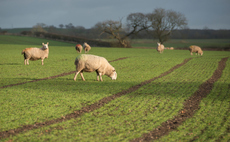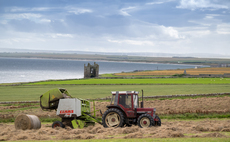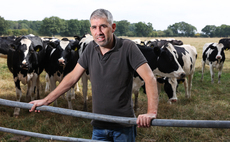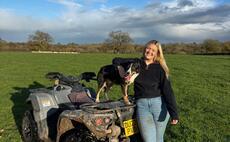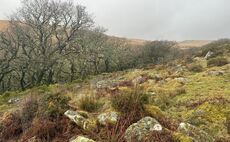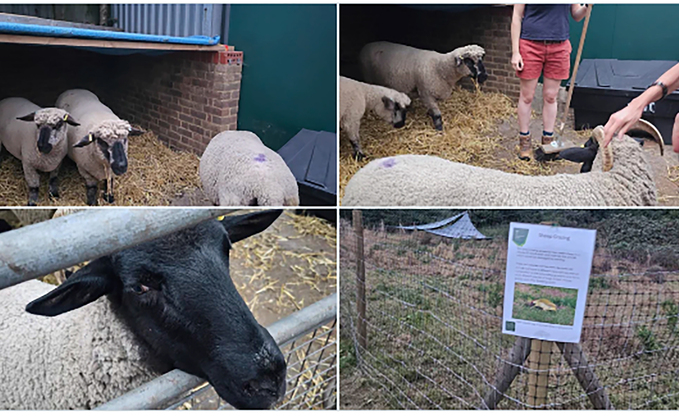
An ecological sheep grazing trial has returned to Hampstead Heath in London for the first time since the covid-19 pandemic.
The Heath and Hampstead society has partnered once again with the City of London Corporation as well as Heath Hands and the Rare Breeds Survival Trust to carry out an ecological grazing trial involving a flock of five sheep.
Sheep grazing
2 Oxford Downs and 3 Norfolk Horns, provided by Tom Davis at Mudchute Farm were grazed in a fenced enclosure on the north of the Heath.
John Beyer, chair of Health and Hampstead Society said: "The area has a number of ant hills, which are overgrown by creeping cinquefoil and other plants. The aim is to see if the sheep can remove this growth so that the hills are air-cooled and therefore better for the yellow meadow ants which live in and under the mounds.
"Green woodpeckers are likely to benefit, with ants being a favoured food for them. The rare breeds are best for grazing rough vegetation."
Biodiversity
Mr Beyer said the response from visitors has been positive with a 'strong interest in the biodiversity' aims of the project, and of course being able to enjoy seeing sheep graze on the Heath.
Read also :Grassland guide: Going back to basics with mob grazing
Grassland guide: The four key processes of regenerative grazing
Tall grass grazing brings soil and herd health benefits
He believes grazing in this way will allow more delicate plants which favour acid soils to take root once the rougher grasses and thistles are grazed away.
If the pilot is successful, it is hoped animal grazing could be expanded to other areas of the Heath.










